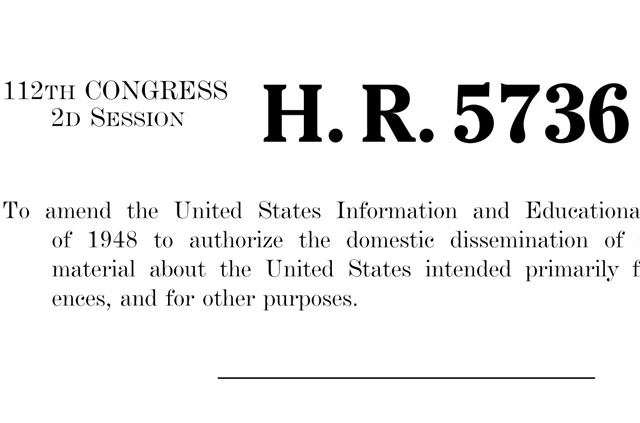Q3: How do you think social media can be used (or not) for three
types of PD identified by Cowan and Arsenault?
Cowan and Arsenault identified the three layers of public diplomacy
pillars as monologue, dialogue and collaboration, and there are examples within
each layer of how social media can, and is, being used to further the U.S.’s
public diplomacy efforts. The authors describes how each layer brings has its
own merits to fostering mutual understanding, trust, and social capital that are crucial to public diplomacy goals and build relationships. In terms of how social media is used for each
layer to engage audiences: speeches or major announcements are now live
streamed online to view and remarks pushed out through Twitter and Facebook;
Tweetathons are held to encourage a dialogue between the governors and the
governed; and online gaming sites, such as Peacemaker, encourage active collaboration
where players can understand the other side of a conflict zone.
Social media is dramatically changing how the public
diplomacy game is played, and may (or may not) allow the audience to readily
identify with our values and cultural identities. For example, Secretary of State
Hillary Rodham Clinton has inducted an initiative called 21st Century Statecraft to fully leverage foreign diplomacy tools, by using the
networks and the technologies of our interconnected world to get our U.S.
foreign policy messages across to foreign audiences. In addition, it is
interesting that the author’s stated that messages, “designed for domestic or
private consumption may well reach international audiences who will interpret
(or misinterpret) them according to their own experiences, cultures and
political needs”(14). This quote is timely because the rules of Smith Mundt Act
were changed this week to remove the prohibition on public diplomacy materials not
being available to Americans (from the BBG & State Department only). The “modernization “of this rule is definitely
necessary as cited by the aforementioned examples of how social media is already being used
in public diplomacy efforts. Today, messages that were never intended for a
domestic audience can be easily downloaded, uploaded or Tweeted. So the
question remains, will the evaporation of this rule bring any of the previously
feared consequences that lead to establishing the Smith Mundt Act in the first
place? Or will there be no difference, since everything is online and readily
available to U.S. audiences to upload or download anyway?

Sadly, the Senate version of the Modernization bill - as far as I know - reinstate the dissemination ban. In fact, it looks like it might be enforced MORE! I know, crazy. There's brewing debate about this among PD blogs. I haven't weighed in yet. But I think there are some real uninformed opinions out there now. Nevertheless - perhaps social media is simply incompatible with the ban?
ReplyDelete